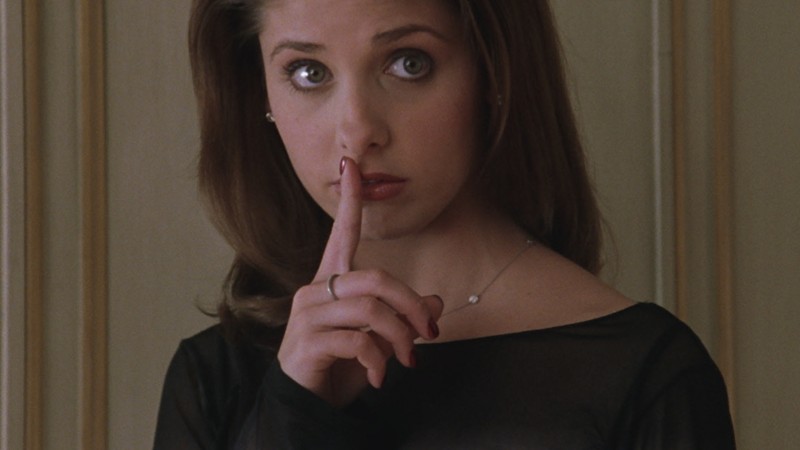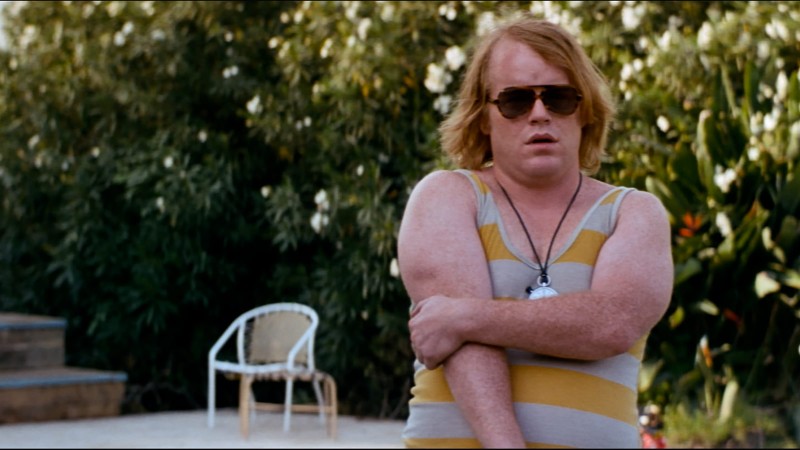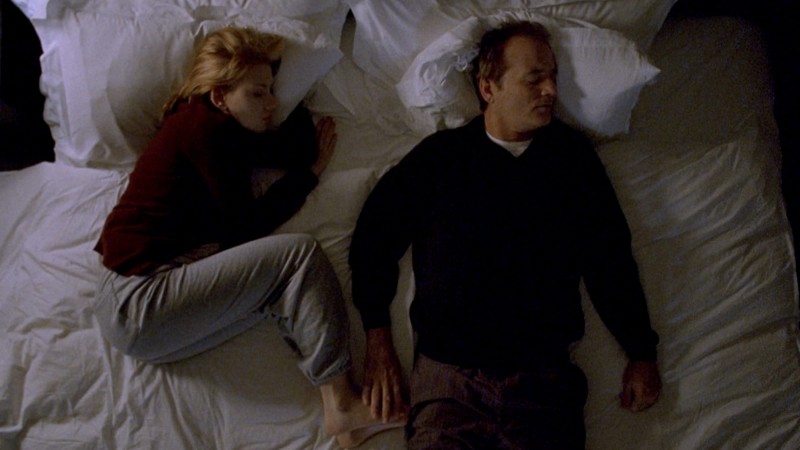A Swoon-Worthy Tribute to a Great Hollywood Romanticist
A stylish and sensitive storyteller with a powerfully romantic vision, Frank Borzage was one of the great filmmakers of Hollywood’s golden age, making more than a hundred movies, in a wide array of genres, over the course of a nearly fifty-year career. Yet today Borzage—who won the first-ever best director Oscar (in 1929, for 7th Heaven) but whose unabashedly melodramatic form of humanism eventually fell out of fashion—remains too often overlooked. This month on the Criterion Channel, we’re shining the spotlight on the director, by bringing together three of his best and most disarmingly sincere early-career films. Borzage’s 1932 adaptation of Ernest Hemingway’s A Farewell to Arms (1932), starring Helen Hayes and Gary Cooper, and his Depression-set romance Man’s Castle (1933), with Spencer Tracy and Loretta Young, perfectly express what Andrew Sarris called the director’s “genuine concern with the wondrous inner life of lovers in the midst of adversity”; and as does the World War I–set former film, the unforgettable allegory No Greater Glory (1934), about rival youth gangs, gives stirring dramatic form to Borzage’s deeply held antiwar convictions. For a taste of the program, which also includes an introduction by critic Farran Smith Nehme, take a look at the teaser above.



